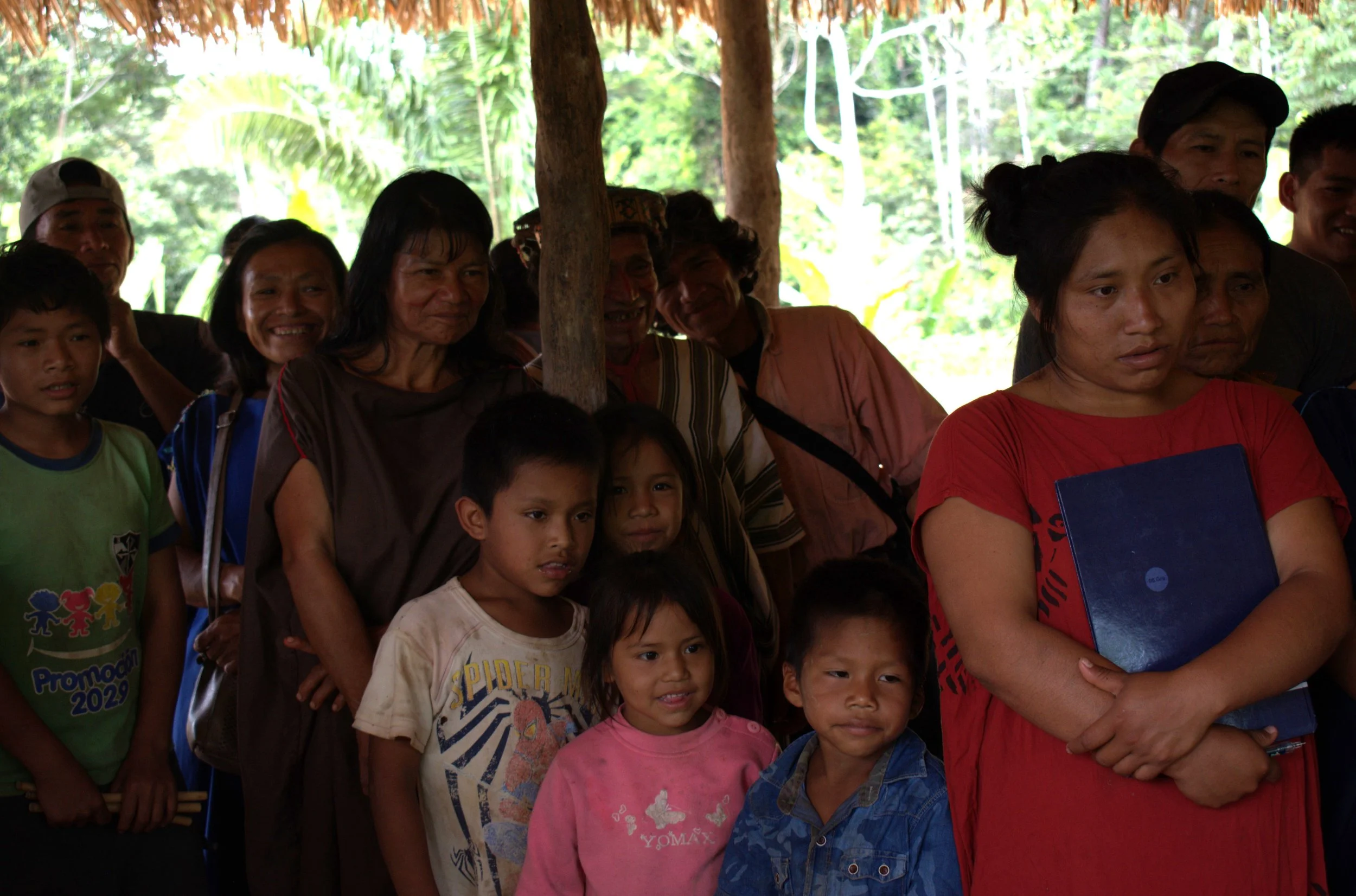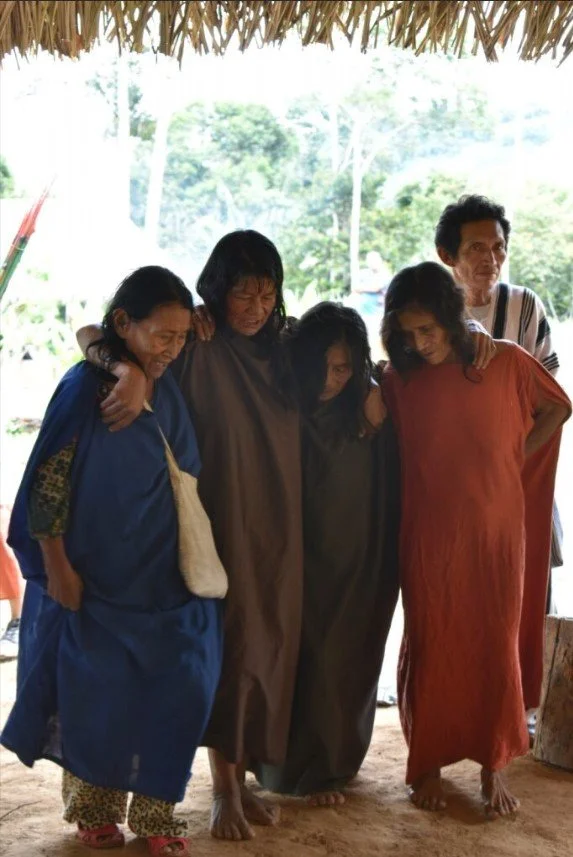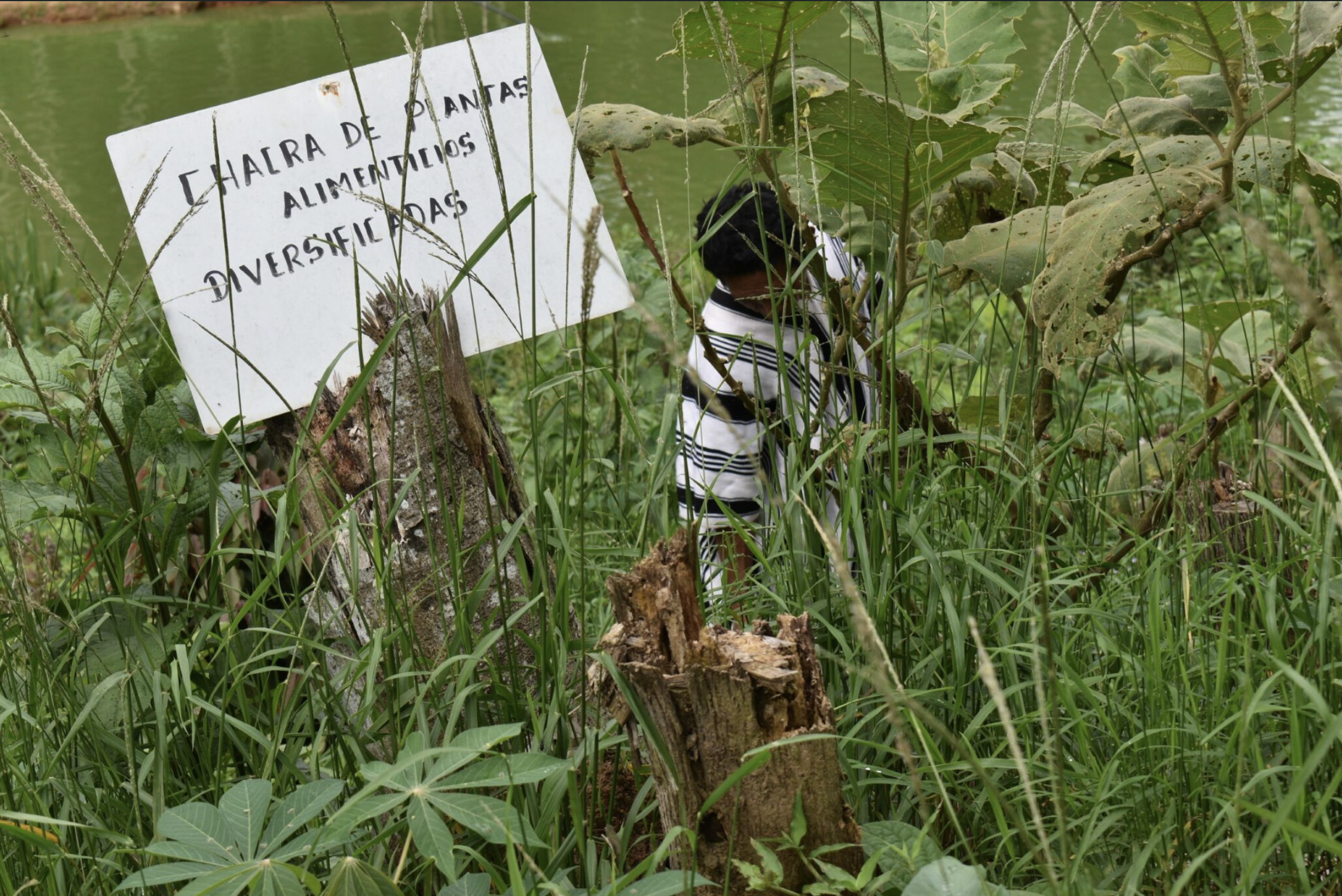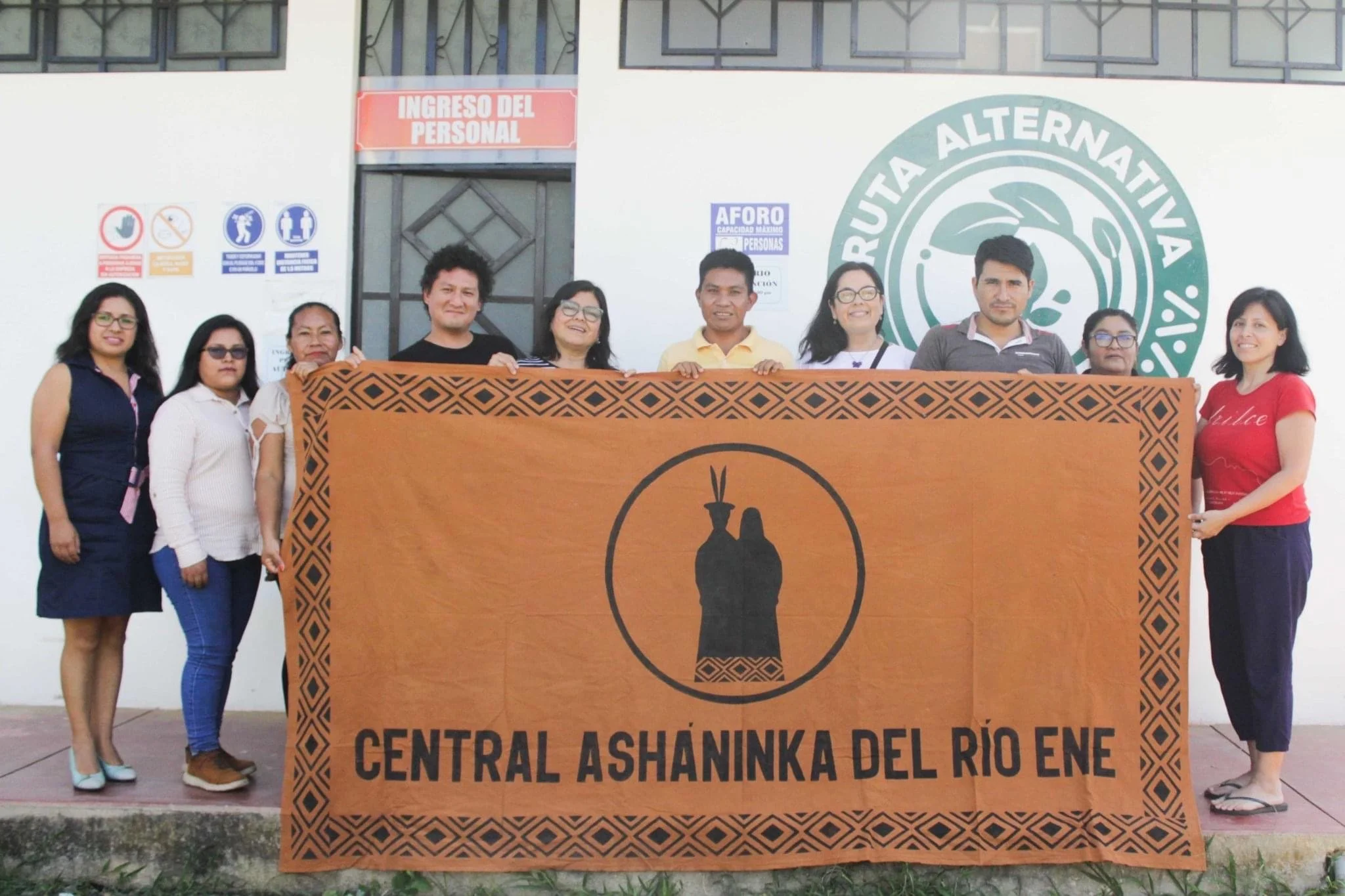
The responses to the challenges
For the Shankivironi, San Jerónimo and Potsoteni communities, recovery is not just an immediate response to a critical situation, but a long-term strategy that connects the past and the present, and involves previous local indigenous responses as well as indigenous knowledge.
Recovery also involves care and caregiving practices for the wellbeing of families, communities and territories.
Practices, care systems and knowledge
During the COVID-19 pandemic, communities received minimal attention from formal health services. However, they were able to take care of themselves by reviving the use of traditional medicinal plants to prepare special drinks to relieve symptoms.
Women and the care of their loved ones and communities
The role of indigenous women is essential in caring for their homes, communities and territories, especially in contexts marked by vulnerabilities and social inequalities. Care is not limited to the domestic sphere but extends to the forest, plants and communal life as an interconnected system of knowledge and practices. In all three communities, women face structural inequalities and impacts due to their gender, yet they continue to uphold practices of protection and knowledge transmission for future generations.
Women combine ancestral knowledge with collective care practices, in close collaboration with organisations such as OMIAASEC and CARE. They maintain a constant struggle for justice, recognition and equity in their communities.
In the case of Potsoteni, in response to the health crisis, one of the main resistance mechanisms developed by the families was to retreat to their farms in the mountains. Likewise, the main strategy was to follow the guidelines of CARE, their representative organisation, which completely prohibited access to the community by land and river, preventing the entry of external agents and achieving effective isolation that protected the families from infection.



